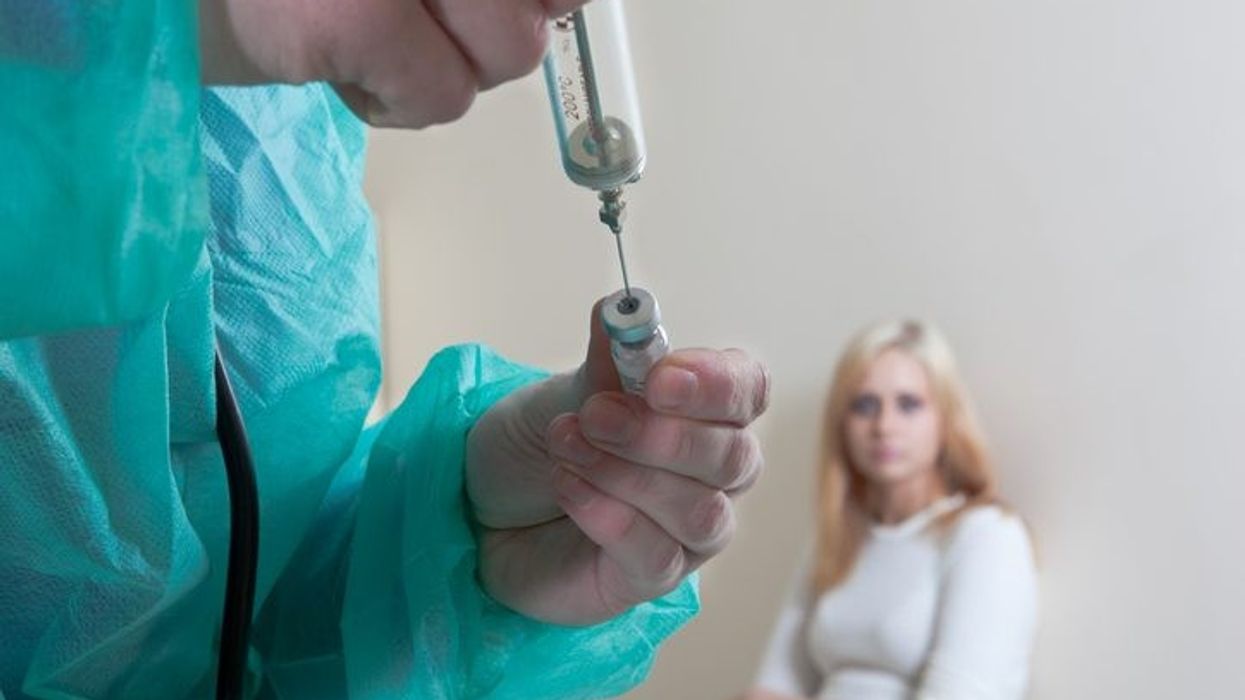BRITAIN's first official supervised drug consumption room was approved on Wednesday (27), seeking to reduce infectious diseases and overdoses in Scotland which suffers from the highest level of drug-related deaths in Europe.
Following similar projects in Europe, Canada and Australia, Glasgow city council, which runs the largest city in Scotland, approved plans for the facility that will allow people to legally take illicit drugs under the supervision of trained professionals and will provide them with clean equipment.
While opponents of these facilities say they end up as a magnet for drug abuse, supporters say they reduce overdose deaths caused by increasingly potent street drugs, decrease public injecting and connect people to treatment services.
Allan Casey, a local politician in Glasgow who is responsible for addiction services, said research shows that no one has ever died from an overdose in a supervised drug consumption room, while it will reduce the problem of public drug use that often means that used syringes are left on the streets or in parks.
"What we have been doing clearly has not been working thus far," he said. "We need to move to an approach where this is a public health issue and not a criminal justice one."
This follows years of disagreement about whether a facility would be legal. The British government, which sets national drug policy in England, Scotland, Wales and Northern Ireland, does not support the plans, but the idea was approved after Scotland's senior law officer said users would not be prosecuted for possessing drugs while at the facility.
Scotland's drug deaths remain three times higher on a per capita basis than anywhere else in Europe, despite the country recording its largest fall in fatalities in 2022.
Last year, Scotland had 248 drug deaths per million people aged between 15 and 65, compared with 79 in Finland, the second-worst country in Europe, according to the European Monitoring Centre for Drugs and Drug Addiction.
Scotland has been dealing with a drug crisis for decades and its government wants to take a new approach to helping its residents with drug-addiction issues. However, officials say it has been hindered by Britain’s drug laws.
Scotland announced in July plans to decriminalise the possession of all drugs for personal use but said the British government in London is opposed to those plans.
(Reuters)





